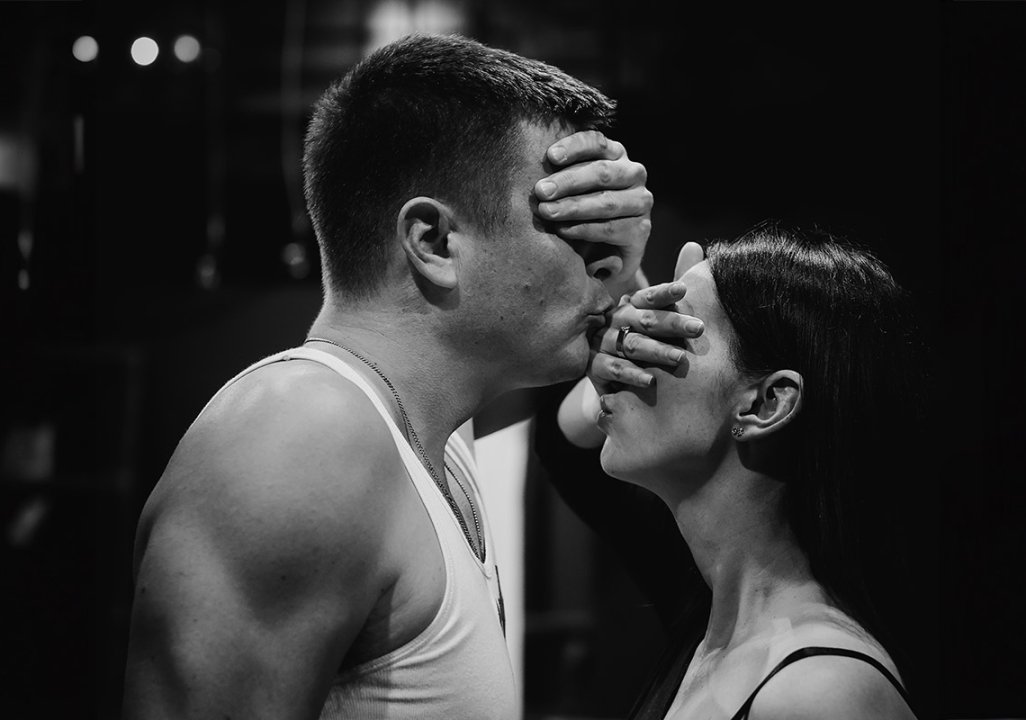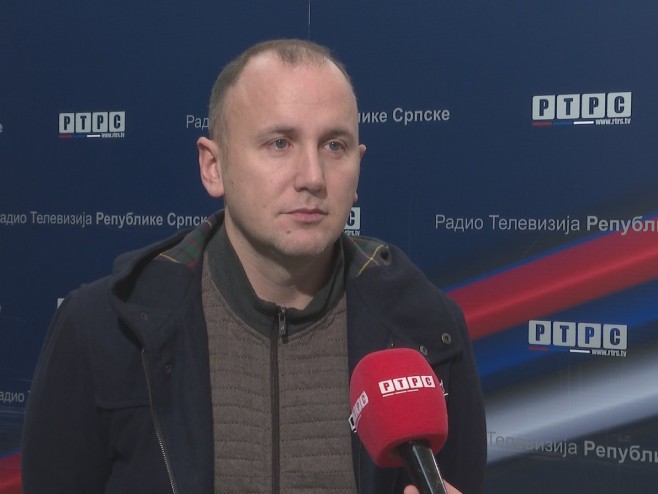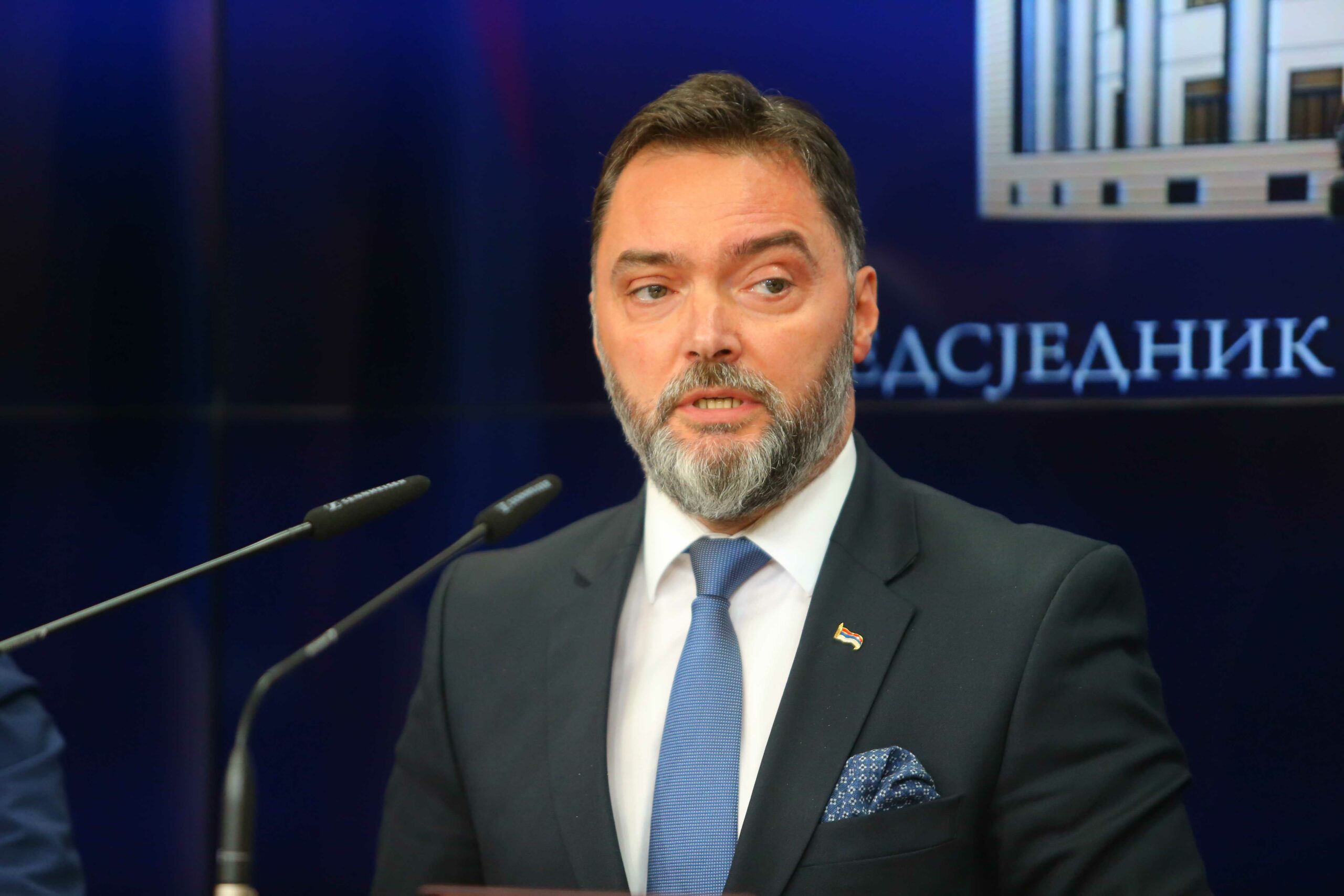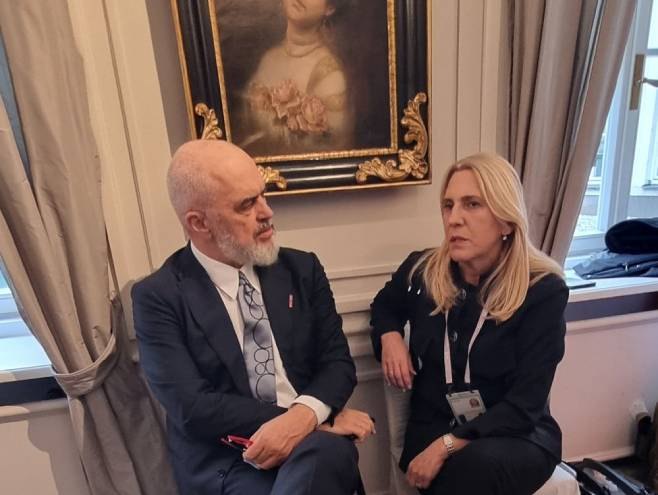After several decades, the first rock band “Preko reda” (Out of Turn) has been formed in Bileća, consisting of students from the Bileća Gymnasium. They are soon expecting their first public performance, Lazar Gnjato, the director of Bileća’s Cultural Center, told Srna.
Gnjato announced that this band, featuring Gojko Samardžić (bass), Lana Samardžić (vocals), Miloš Milićević (drums), Miloš Stojanović (guitar), Matija Stolica (guitar), and Vuk Vučić (keyboard), will perform at a joint concert of youth rock bands in Jablanica, scheduled for Friday, February 23rd.
He mentioned that the name “Preko reda” is symbolic because they first formed the band, then acquired the instruments, and only afterward started to play more seriously.
Gnjato, who is also the founder of the band, says that the cultural image of Bileća began to change with the establishment of cooperation between the Cultural Center and the “Echo” Citizens’ Association, which had several important results for the cultural life of the youth and all citizens of Bileća.
“The first such program was the ‘Youth Music Club’ project, which provided initial musical education for about fifty of Bileća’s youngest. This project extended into this year as a School of Accordion and Piano,” said Gnjato.
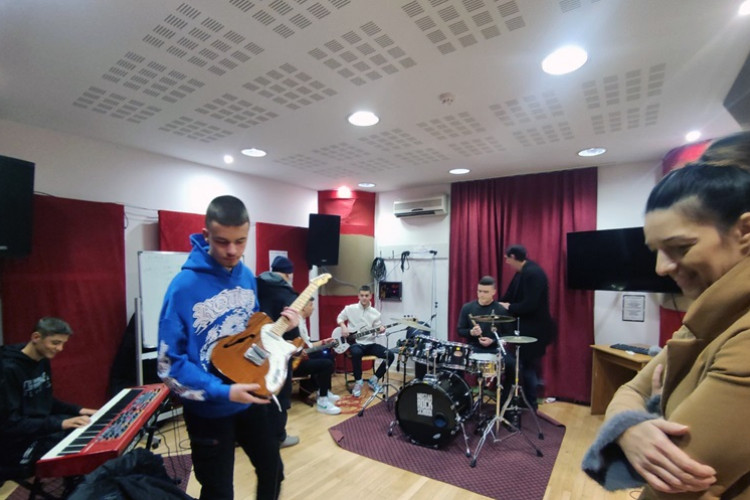
He also highlighted the “Youth Theater” project, which revived amateur drama in Bileća after several decades, with young actors exceeding all expectations by performing two plays and participating in four festivals.
“Somewhere during the drama work, a group of young men, students from the gymnasium in Bileća, approached me with the idea of forming a rock band and asked if there was a way to purchase instruments. Their desire simultaneously pleased me but also surprised me because traces of rock culture are barely found in Bileća and a rock band hasn’t existed here for years, maybe even decades,” said Gnjato.
According to him, the “Echo” Association made an effort to find the money to buy instruments, and thanks to the help of Božo (Boban) Vukoje, a Bilećan who donated 1,000 euros to support the Cultural Center and in other ways, they managed to collect more than 8,000 KM for the purchase of instruments.
“We managed to buy two solo guitars, a bass guitar, drums, a keyboard, a mixer, accompanying amplifiers, and speakers, totaling more than 8,000 KM,” said Gnjato.
He added that the band works hard and receives a lot of help from the accomplished musician Mirko Lučić from Trebinje, who comes to rehearsals once a week and works with the musicians from Bileća on a voluntary basis.
Gnjato stated that during the winter break, the band members stayed in Mostar at the well-known “Mostar Rock School,” where they had individual lessons with some of the best musicians from Herzegovina, as well as group playing sessions.
“What brings me the greatest joy is the fact that the Cultural Center is filled with young people every day and weekend, who create, play, act, socialize in the best way, and that the Cultural Center is becoming a true youth cultural center,” emphasized Gnjato.
He stressed that despite the poor financial situation in the municipality where there is no money for investing in cultural production, the Cultural Center, with the support of the “Echo” Association and generous individuals, achieved tremendous success that has raised the quality of life in the municipality.
Gnjato pointed out that investments in culture and youth are very modest in society as a whole, and it might be worthwhile to consider them from a different angle – investing in culture is not a luxury, it is the first and most important investment in societies in crisis.
“It pays off the most and begins the construction of all other aspects of life. Cities that have a developed cultural image, which through contemporary cultural production and the preservation of cultural heritage build a myth about the city, attract people and everything that people need for a dignified life. Therefore, we could listen to the young musicians from Bileća and once, finally, start out of turn by considering investments in the culture of our cities a priority of all investment policies,” concluded Gnjato.
Source: Glas Srpske

